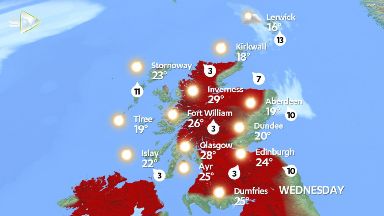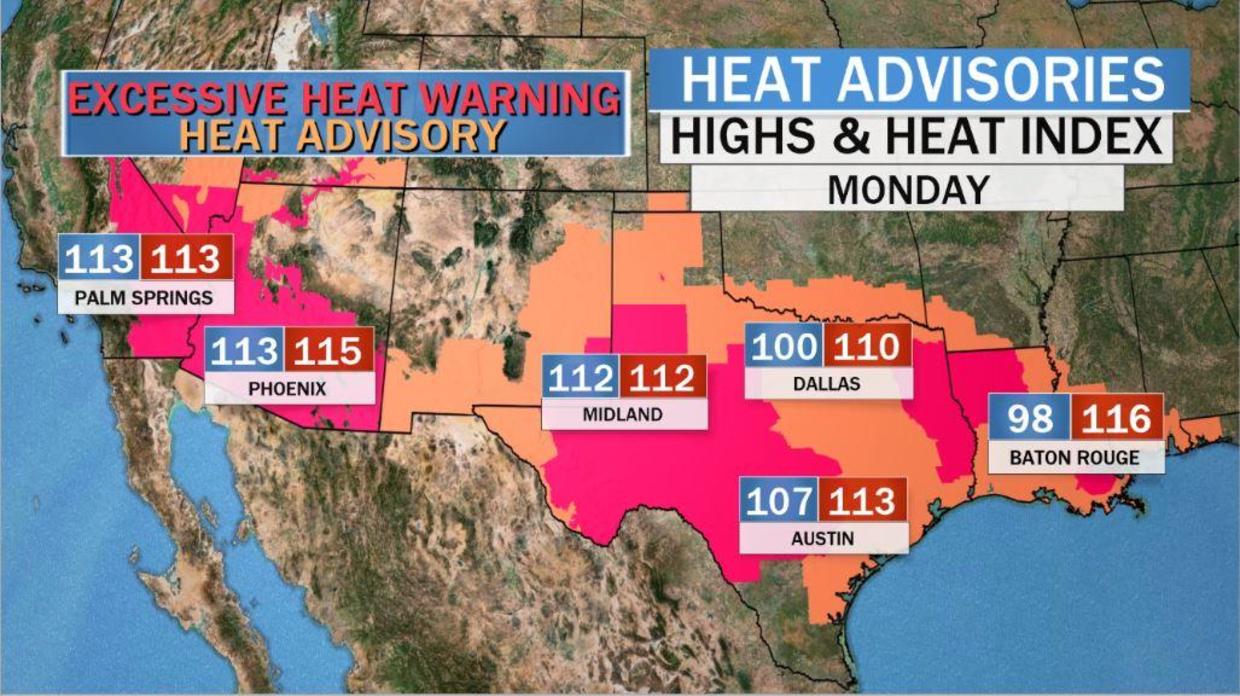

‘The current heating trend is so pronounced it’s clear to ascertain the fingerprint of human influence in just four years of records,’ he said. John Abraham, an expert in thermal sciences at the University of St Thomas, another of the study’s co-authors thinks that ocean heat content is one of the best indicators of climate change. If the burning of fossil fuels, deforestation and other activities continue as usual rising sea levels will render many areas on earth unliveable. The mercury soared to 38.5C (101.3F) at Brogdale, near Faversham, Kent, on August 10, smashing the previous 1990 record of 37.1C (98.8F). Maximum snow depth: 367 at Rainier Paradise.

Most snow in 24 hours: 65 at Crystal Mountain on 24 February 1994. Lowest temperature ever recorded: -48F at Mazama and Winthrop on 30 December 1968. The highest temperature ever recorded in Britain was set during the sizzling summer of 2003, when the 100-Fahrenheit mark was broken for the first and only time. Hottest temperature ever recorded: 120F at Hanford on 29 June 2021. In 2012 the previous record-holder for hottest in the Gulfs waters scientists say evidence shows that voracious longfin squid. Below are our top five of the last century: 2003. + Paper ( #openaccess): /5gVeICfjvv- Zack Labe January 11, 2022 Ten years ago, newly-abundant squid may have played a decisive role in the collapse of a local population of cold-water shrimp, called Maine shrimp, that likely were already stressed by warming temperatures.

Unfortunately, I am not surprised at all… Ш 2021 was the hottest year on record for our oceans. This amount of extra energy is 145 times greater than the world’s entire electricity generation which, by comparison, is about half of a zettajoule. Last year, the upper 2,000 meters of the ocean, where most of the warming occurs, absorbed 14 more zettajoules (a unit of electrical energy equal to one sextillion joules) than it did in 2020. More than 90% of the heat generated over the past 50 years has been absorbed by the oceans. ‘The ocean heat content is relentlessly increasing, globally, and this is a primary indicator of human-induced climate change,’ said Kevin Trenberth, a climate scientist at the National Center for Atmospheric Research in Colorado and co-author of the research, published in Advances in Atmospheric Sciences. The heated ocean water is also gradually expanding and eats away at the vast Greenland and Antarctic ice sheets, which are collectively shedding around 1tn tons of ice a year, which in turn is fuelling a rise in sea levels. The research explains how warmer ocean waters have given rise to storms, hurricanes and extreme rainfall, escalating the risks of severe flooding. (Credit: Unsplash)ĭespite an ongoing La Niña event, which is a periodic climatic feature that is supposed to cool waters in the Pacific, last year saw a record for the top 2,000 meters of all oceans around the world. The heated ocean water is also gradually expanding and eats away at the vast Greenland and Antarctic ice sheets.


 0 kommentar(er)
0 kommentar(er)
